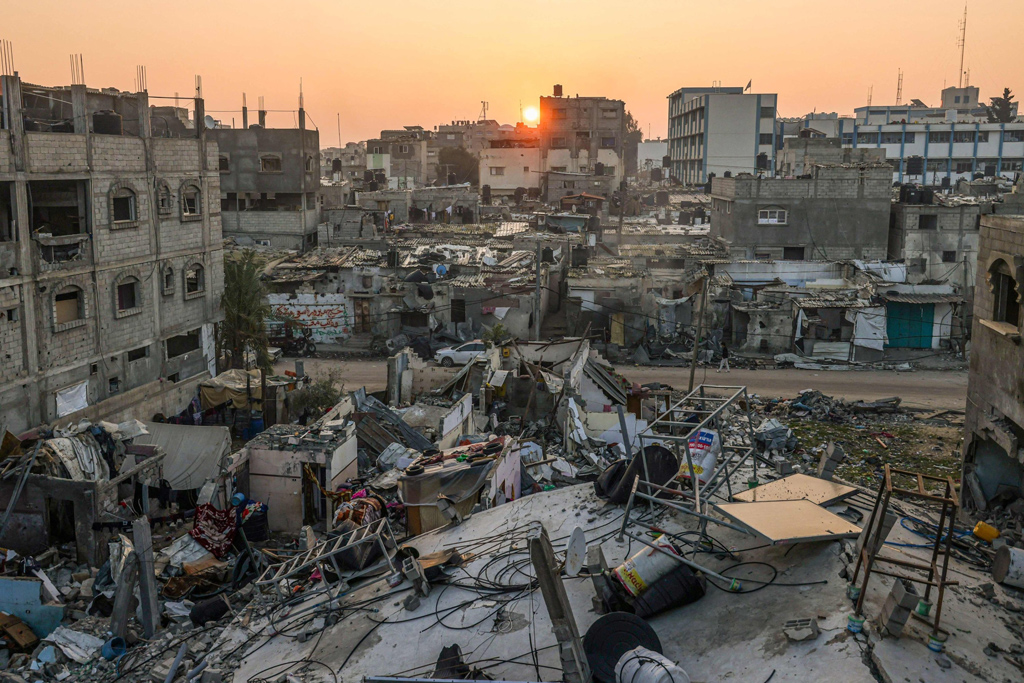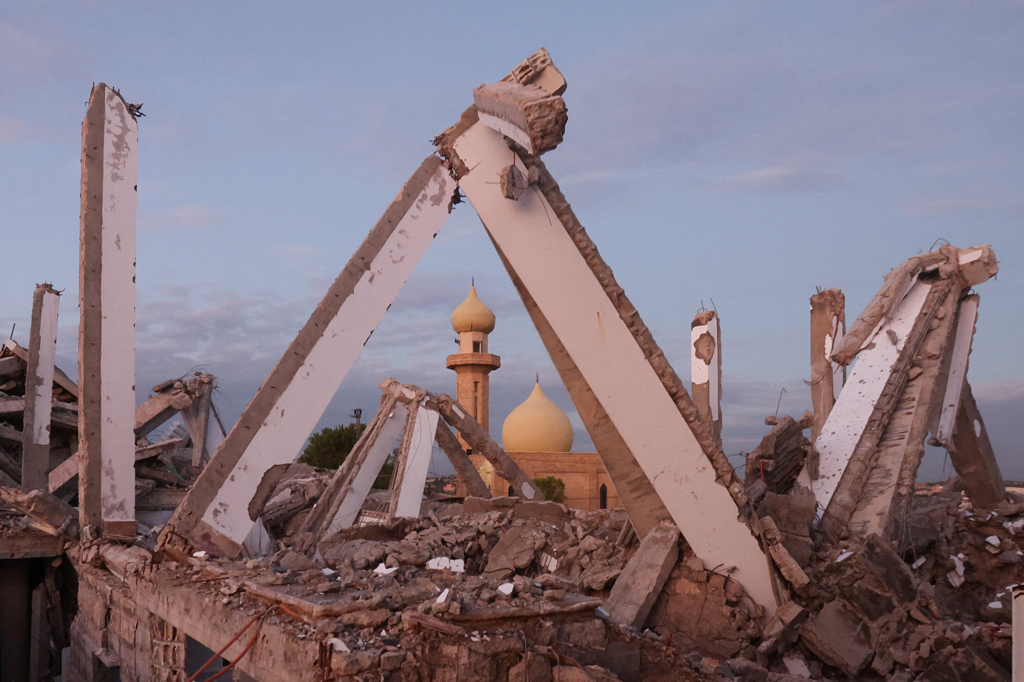
Possible developments in Palestine in 2024
The al-Aqsa Flood operation carried out by Hamas on Oct. 7 created a significant rupture in both the Palestine-Israel issue and the Middle East region. Israel, which was in a very difficult situation in the face of Hamas’ resistance, chose to take out its anger on innocent people. To date, more than 20,000 innocent people, most of whom are children and women, have been martyred by the Israeli occupation forces. Supported by the majority of the Western states, especially the United States, Israel did not refrain from committing war crimes, crimes against humanity and genocide in Gaza. Israel unabashedly violated the basic principles and norms of international law and the decisions of international organizations on the subject.
Share
The al-Aqsa Flood operation carried out by Hamas on Oct. 7 created a significant rupture in both the Palestine-Israel issue and the Middle East region. Israel, which was in a very difficult situation in the face of Hamas’ resistance, chose to take out its anger on innocent people. To date, more than 20,000 innocent people, most of whom are children and women, have been martyred by the Israeli occupation forces. Supported by the majority of the Western states, especially the United States, Israel did not refrain from committing war crimes, crimes against humanity and genocide in Gaza. Israel unabashedly violated the basic principles and norms of international law and the decisions of international organizations on the subject.
In the last days of 2023, the innocent people of Gaza could not avoid being the target of Israeli bombs and being massacred by a huge war machine, in front of the eyes of the whole world. In this article, I will briefly analyze what will happen to the people of Gaza in 2024.
First of all, al-Aqsa Flood has indicated that the resistance of the Palestinian people will continue. Contrary to their claims, Israel and its supporters cannot eliminate Hamas, a native and independent movement born in Gaza. Considering the realities on the ground, it can be seen that the Israeli occupation forces are targeting innocent civilians rather than Hamas fighters.
Furthermore, there is no effective alternative to Hamas for the people of Palestine in general and Gaza in particular. There is no organization other than Hamas that can effectively respond to the “gradual genocide” that Palestinians have been subjected to by Israel for a long time. In other words, Hamas is the only effective organization representing the Palestinian people fighting against the Israeli occupation. The Fatah organization remained far away from its traditional influence due to its leader, the elderly and sick Mahmoud Abbas.
Fourthly, al-Aqsa Flood has caused the Western states to completely lose control of rationality limits and evolve into an irrational political line supported by the rising far-right political actors. The fact that Western states are recorded as complicit in every crime committed by Israel will therefore mean that the principles, norms and values instrumentalized by the Western states will be used less in the future. It is not possible to expect non-Western states to comply with the norms and principles that the Western states persistently and systematically violate. In addition, the respect and trust of Western peoples in their own states was greatly damaged.
Third, al-Aqsa Flood has made Israeli politics, which is already fragile and fragmented, even more unstable. It seems that the current coalition of far-right parties cannot continue. It is very likely that the Benjamin Netanyahu government will fall immediately after the attacks slow down and a new process begins. However, considering that Prime Minister Netanyahu is the relatively most moderate politician in the current coalition, Netanyahu’s falling from power will not mean the arrival of more reasonable actors in Israeli politics.
Tags »
Related Articles






